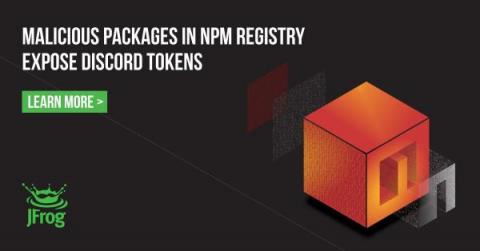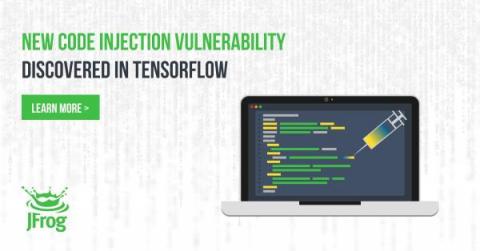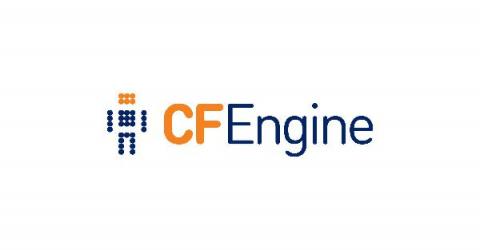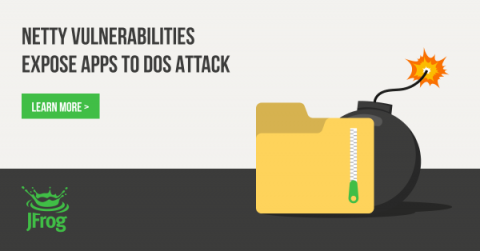December/2021 - CVE-2021-44228: Log4Shell Remote Code Execution Mitigation
This post will be updated over the next several days. Recently, a Remote Code Execution vulnerability was discovered in the Apache Log4J library. This vulnerability, which is tracked in CVE-2021-44228, dubbed Log4Shell, allows attackers to execute arbitrary code on affected systems. While HAProxy Enterprise, HAProxy ALOHA, and other products within the HAProxy Technologies portfolio are not impacted by this (they do not use the Log4J library at all), you can use them to block the attack.











